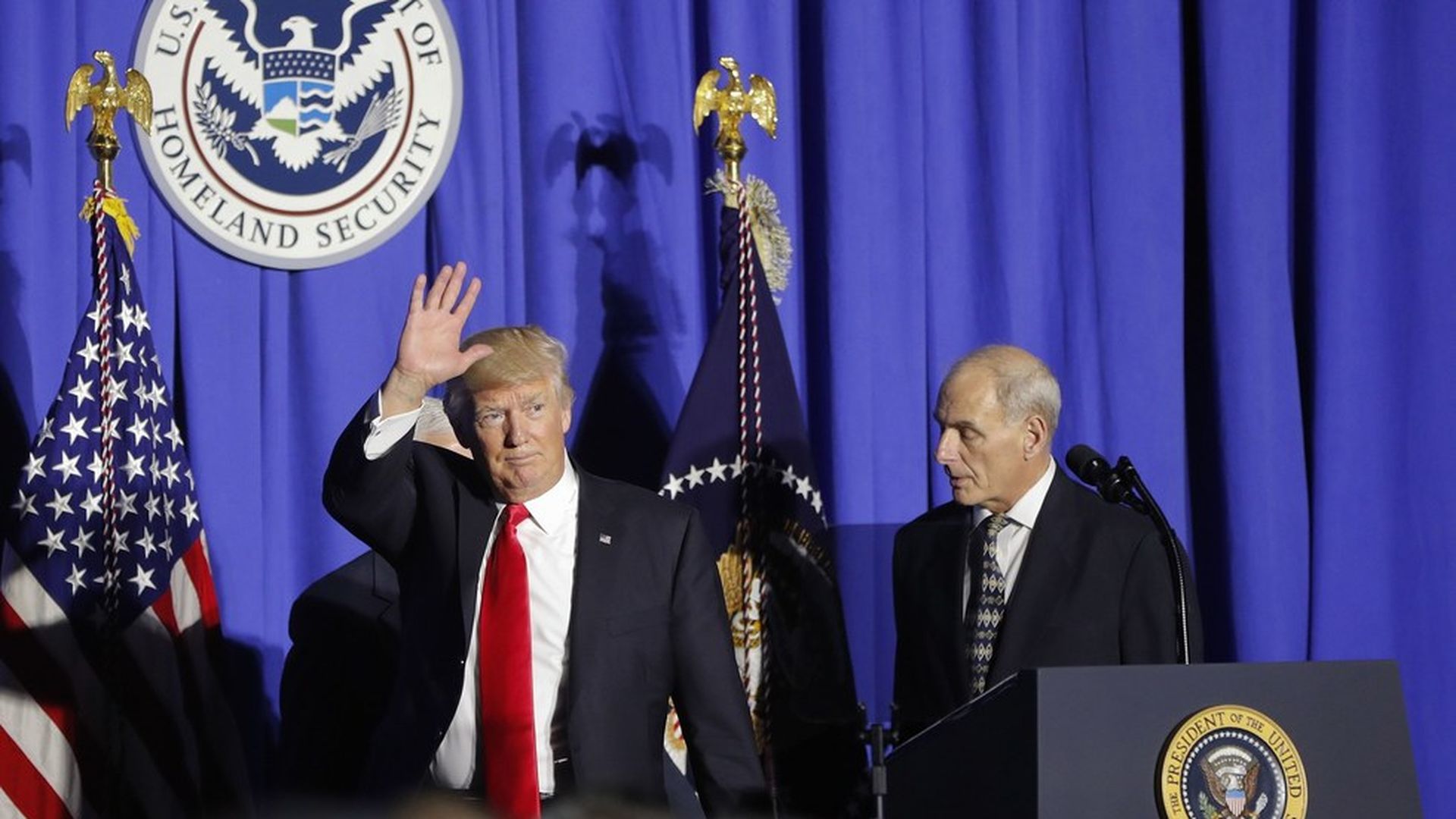Jan 26, 2017 - Politics & Policy
Rebranding the GOP's $1T border tax
Add Axios as your preferred source to
see more of our stories on Google.

Pablo Martinez Monsivais / AP
Add Axios as your preferred source to
see more of our stories on Google.

Pablo Martinez Monsivais / AP